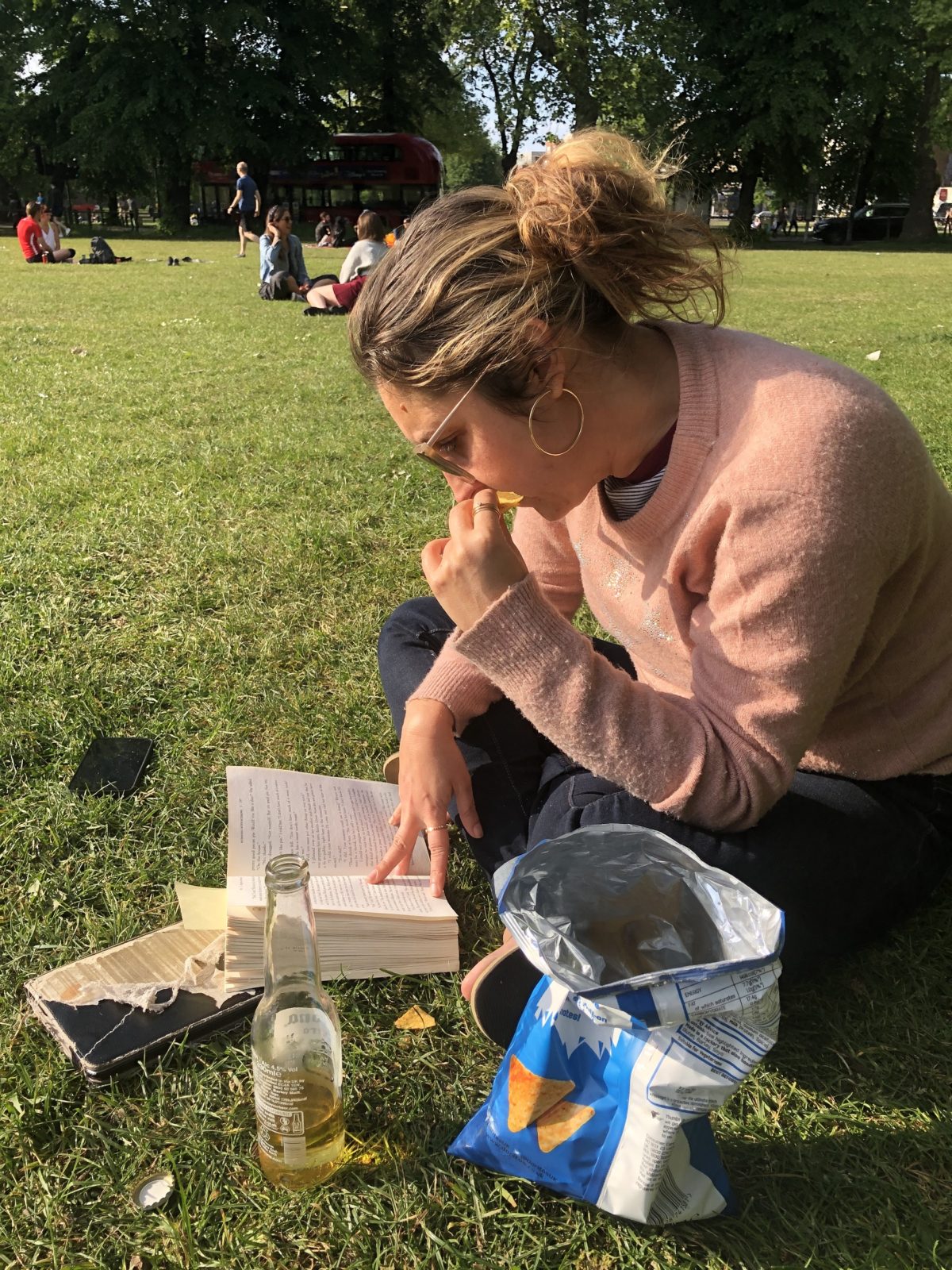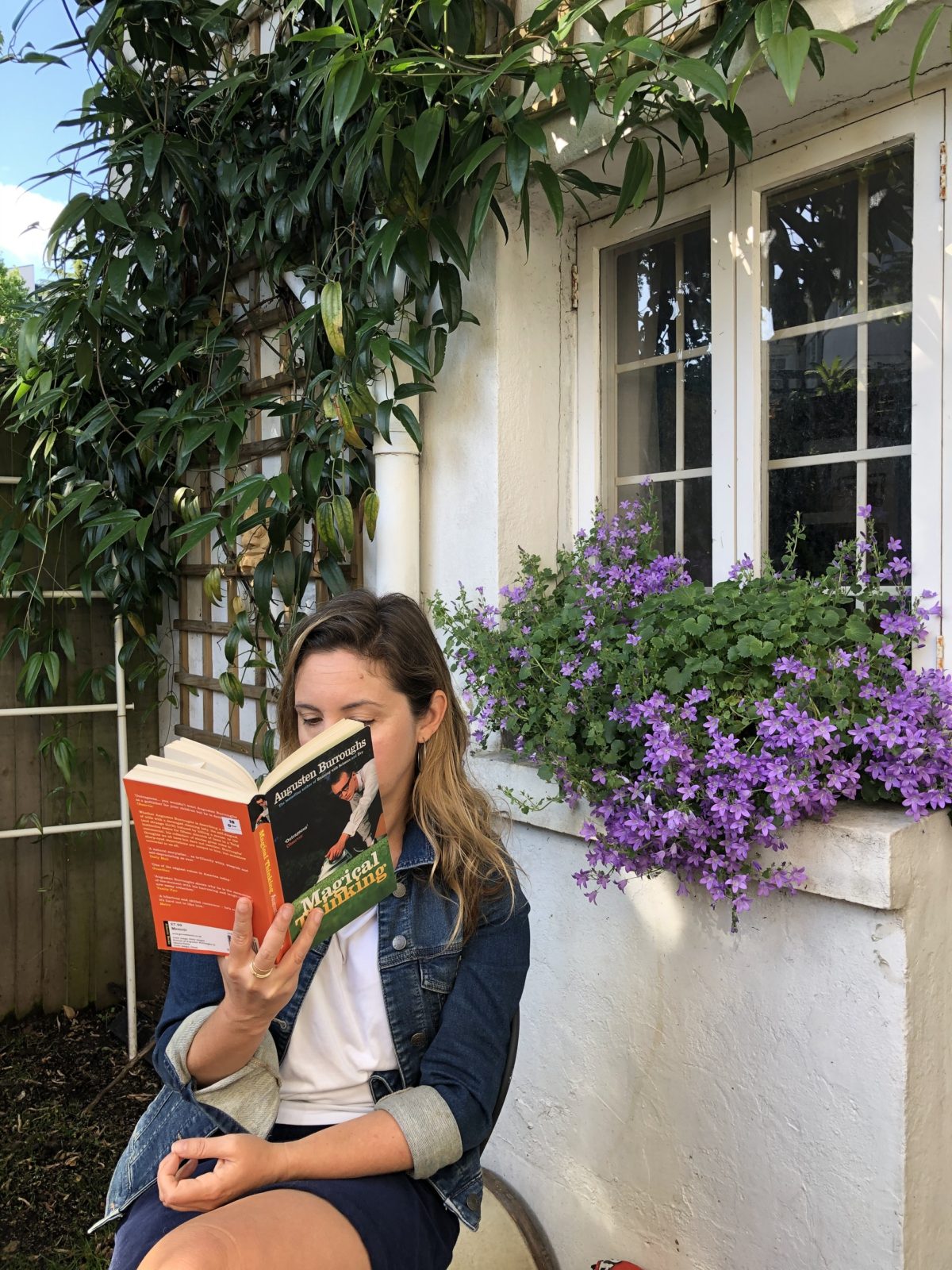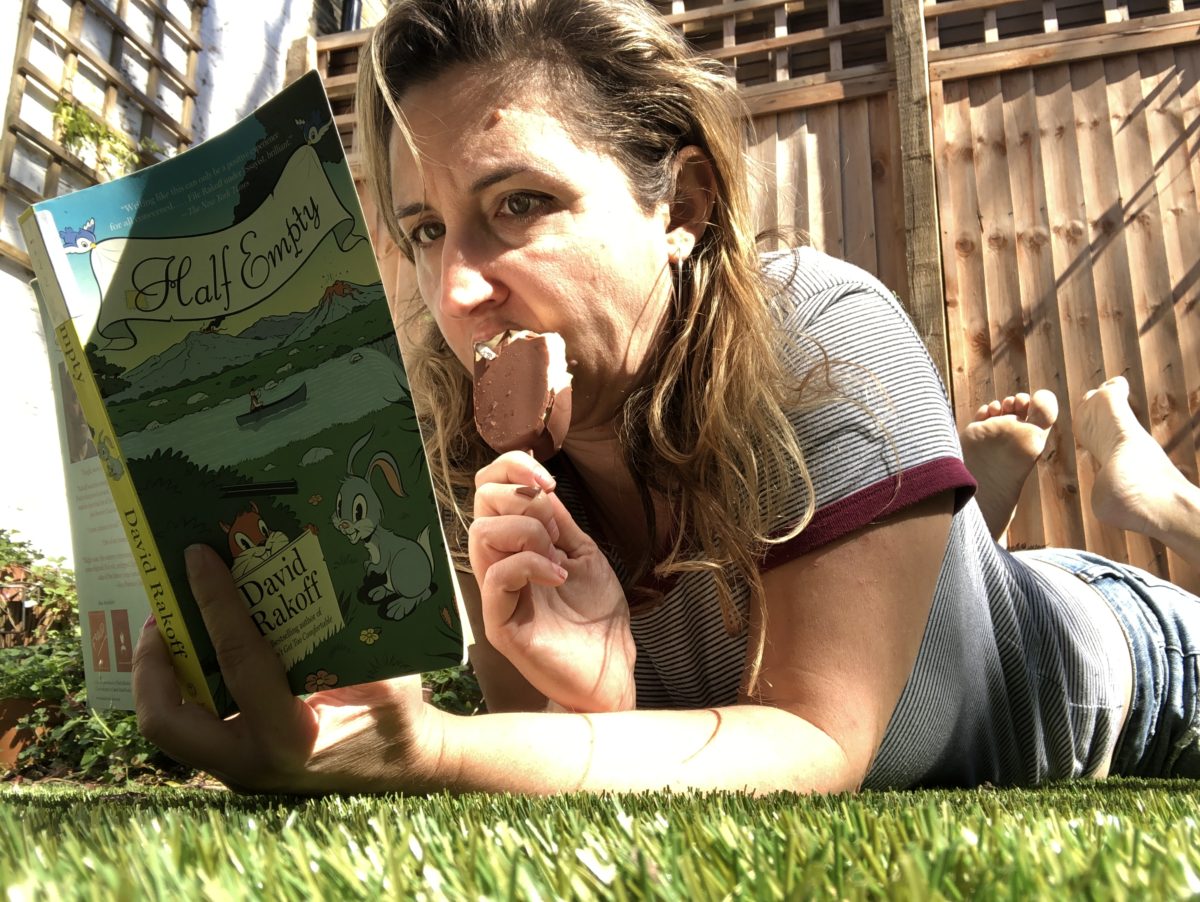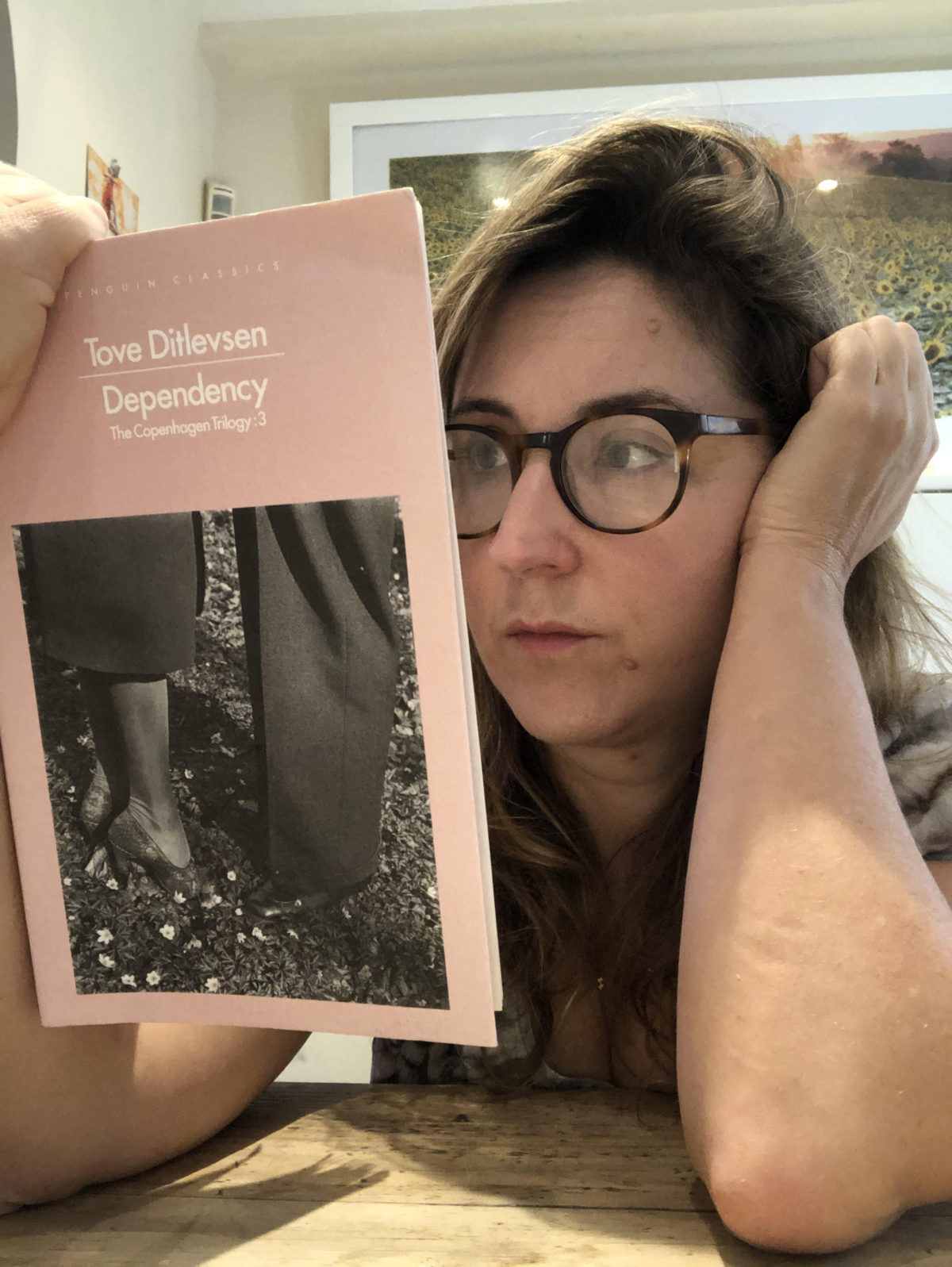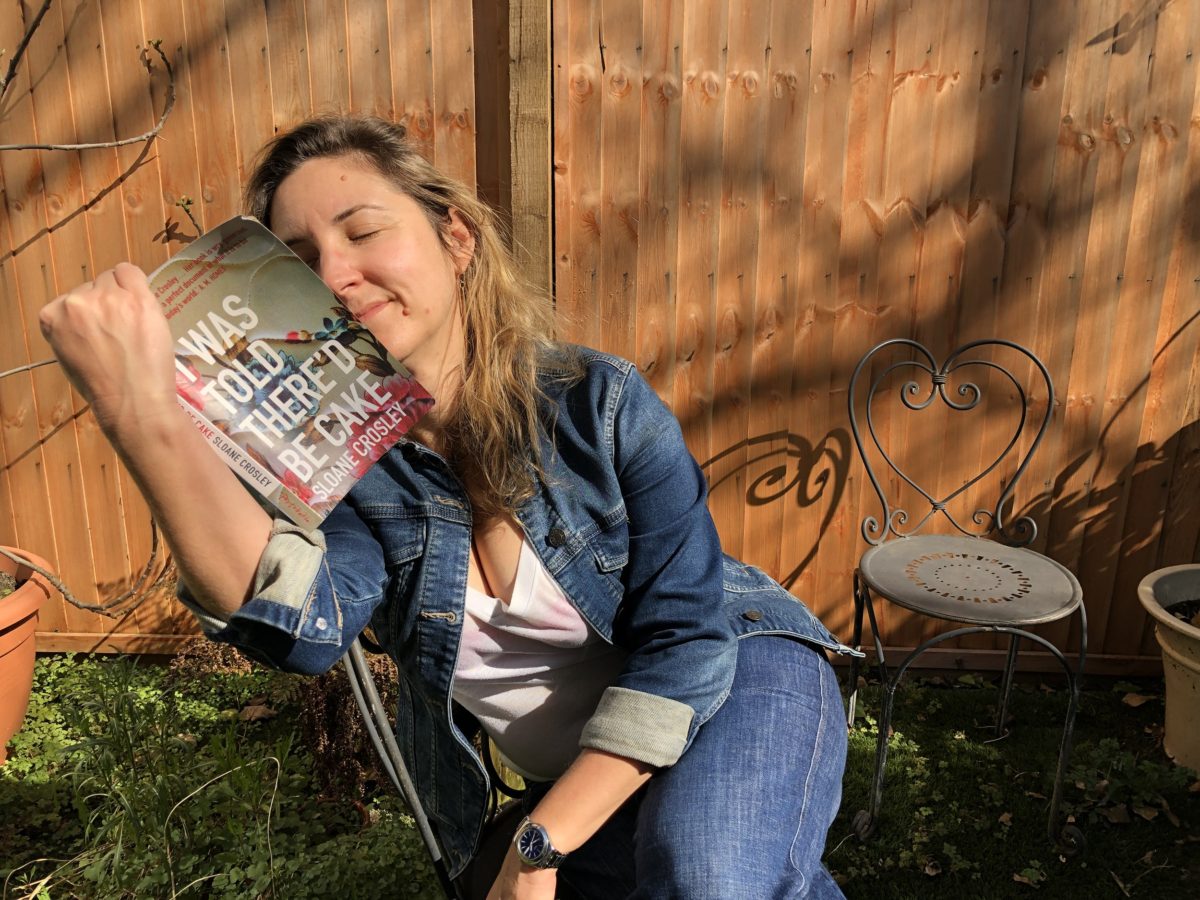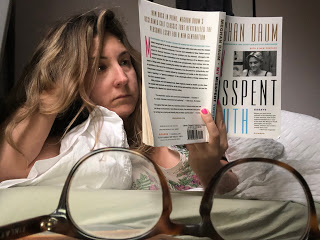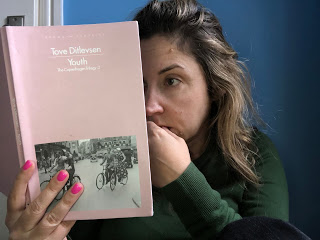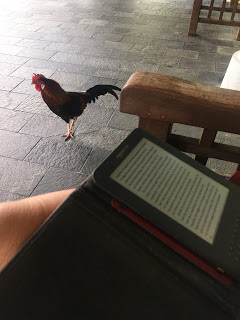Here is a book about what happens when there are not enough social workers. Augusten Burroughs parents are getting a divorce:
My father grew hostile and remote . . . And my mother began to go crazy. Not crazy in a let’s paint the kitchen red! sort of way. But crazy in a gas oven, toothpaste sandwich, I am God sort of way. Gone were the days when she would stand on the deck lighting lemon-scented candles without then having to eat the wax.
She eventually give over her son to live with her psychiatrist, Dr Finch, who believes children over the age of thirteen should be completely free. He also believes that he direction of his poop in the toilet bowl contains messages from god, as does choosing Bible verses at random. His oldest daughter preserves his poops on an outdoor table, and checks the Bible for him for all sorts of questions. The other children, some biological, some not, are left quite free, to knock sunroofs into the ceiling (by just making a hole), to eat dog food, and to get raped by adults. Apparently when children are completely unsupervised it does not take long for predatory types to recognize this as an opportunity.
At 14 he has a relationship with a 33 year old man that he believes is loving. So too does the 33 year old, who makes such red-flag covered statements as the below:
I mean my feelings for your are so huge, I don’t think I can contain them. Sometimes I want to hold you so tight it scares me. Like I want to hold you until the life is gone, so you can’t ever vanish.
The book is comic, and he is close to some of his step-siblings, so it is not as bleak as the statutory rape would have you believe. But I see from Google that the Finch family sued, arguing that much of what was in the book was fiction, and now the book is marketed as a ‘novel’ rather than a ‘memoir’. They are apparently amazed that someone they looked after at such a time should tell such lies about them. So I guess it is sad either way: either it’s a sad childhood, or a sad set of lies about a childhood. Anyway, I enjoyed it.

